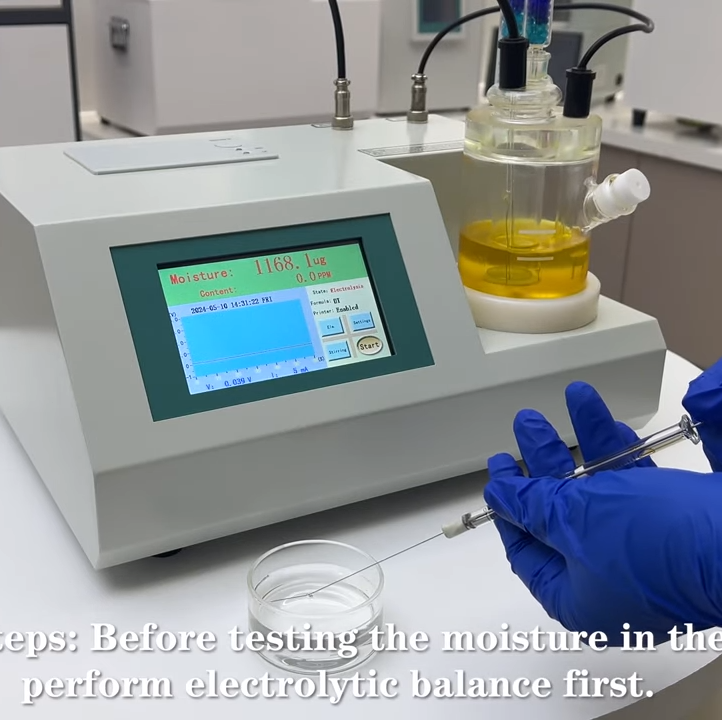 English
English


High Precision DC Winding Resistance Measurement Tool for Electrical Equipment Testing and Evaluation
Understanding DC Winding Resistance Testers Importance and Applications
DC winding resistance testers are essential instruments used in electrical engineering, particularly in the testing and maintenance of transformers, motors, and generators. These devices measure the resistance of windings, which is a critical parameter influencing the performance and efficiency of electrical machinery. By ensuring that windings have appropriate resistance values, technicians can preemptively identify potential issues that might lead to equipment failure or inefficiencies.
What is a DC Winding Resistance Tester?
A DC winding resistance tester is an electronic device specifically designed to measure the resistance of wire windings in electrical machines. These testers output a direct current (DC) signal, which is passed through the winding, and the resulting voltage drop is measured to calculate the resistance based on Ohm's law (V=IR). The readings obtained can indicate the health of the winding and assist in diagnostic assessments of the machine.
Importance of Measuring Winding Resistance
1. Detecting Faults Insulation degradation, short circuits, or broken windings can be detected through the measurement of winding resistance. If the resistance is lower than expected, it might indicate a short circuit. Conversely, if the resistance is exceedingly high, it could suggest insulation failure or open windings.
2. Preventive Maintenance Regular testing with a DC winding resistance tester helps in planning maintenance strategies. By monitoring the resistance values over time, technicians can identify trends that might suggest impending failures, allowing for timely interventions.
3. Ensuring Performance Proper resistance levels are crucial for the efficient operation of motors and transformers. Abnormal resistance values can lead to overheating, excessive power losses, and reduced operational efficiency. By ensuring that the winding resistance is within specified limits, overall machine performance is enhanced.
4. Safety High resistance can lead to overheating and damage, risking the safety of the equipment and personnel. Routine resistance testing promotes a safer working environment by identifying potential issues before they become serious hazards.
dc winding resistance tester

Applications of DC Winding Resistance Testers
DC winding resistance testers are widely used in various industries, including
- Electric Utilities Testing transformers and generators to ensure they operate efficiently and safely. - Manufacturing Quality control during the production of motors to ensure compliant winding resistance values. - Maintenance Services Utilized by technicians during routine inspections or troubleshooting of electrical machines. - Research and Development Used in laboratories for testing new designs of combining electrical equipment.
Key Features to Look for in a DC Winding Resistance Tester
When selecting a DC winding resistance tester, several features are crucial for ensuring accurate and efficient testing
- Measurement Range The tester should cover a wide range of resistance values suitable for various applications. - Accuracy and Resolution High precision in readings ensures more reliable data for diagnostics. - User-Friendly Interface Displayed readings should be easy to interpret, and the device should be intuitive to operate. - Portability Many professionals require testers to be portable for field applications, making weight and design important factors. - Data Logging Capability Advanced testers may offer data logging features for tracking resistance over time and generating reports.
Conclusion
In conclusion, DC winding resistance testers play a vital role in the testing and maintenance of electrical machinery. By providing critical insights into the health of windings, these devices can help identify issues early, facilitate preventive maintenance, and ensure the safe and efficient operation of electrical systems. With the right tools, technicians can perform effective diagnostics to maintain the integrity and reliability of electrical machinery, safeguarding against unexpected failures and prolonging equipment lifespan.
-
Differences between open cup flash point tester and closed cup flash point testerNewsOct.31,2024
-
The Reliable Load Tap ChangerNewsOct.23,2024
-
The Essential Guide to Hipot TestersNewsOct.23,2024
-
The Digital Insulation TesterNewsOct.23,2024
-
The Best Earth Loop Impedance Tester for SaleNewsOct.23,2024
-
Tan Delta Tester--The Essential Tool for Electrical Insulation TestingNewsOct.23,2024





